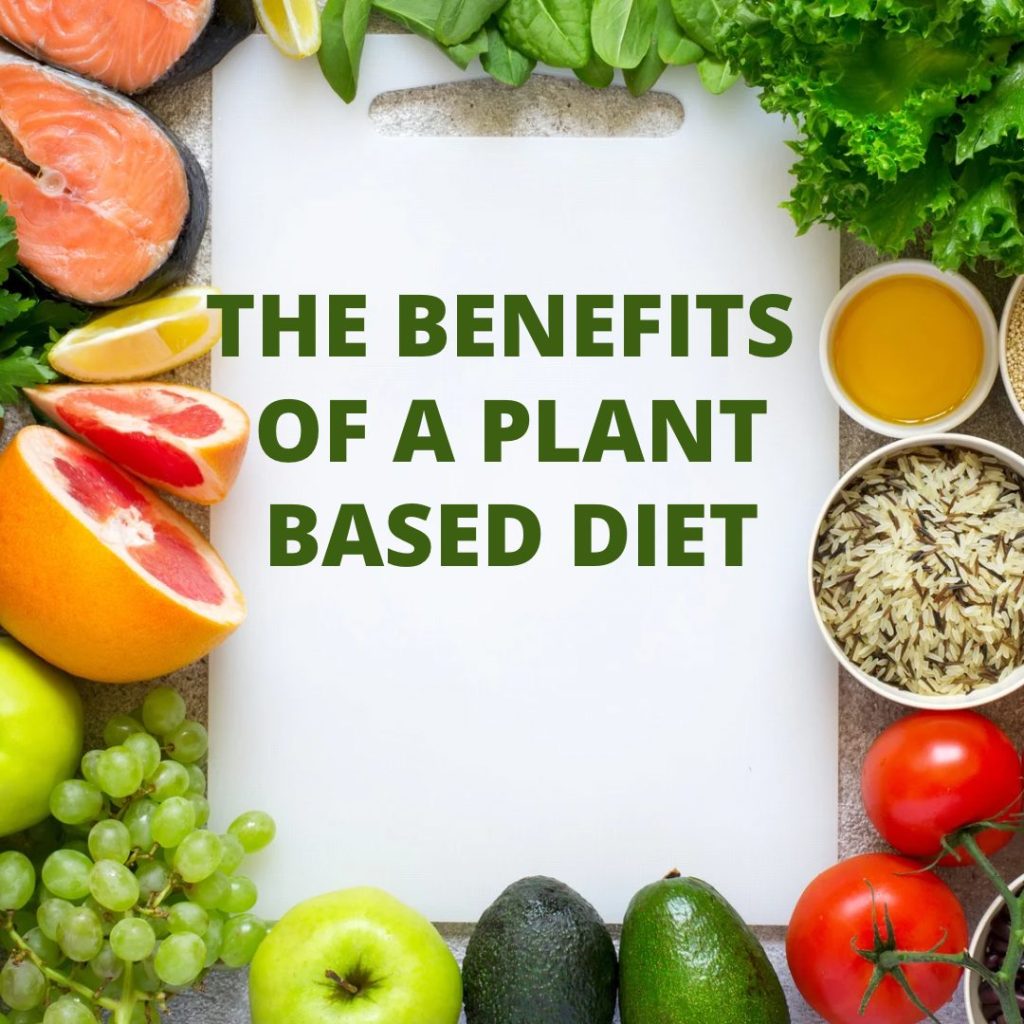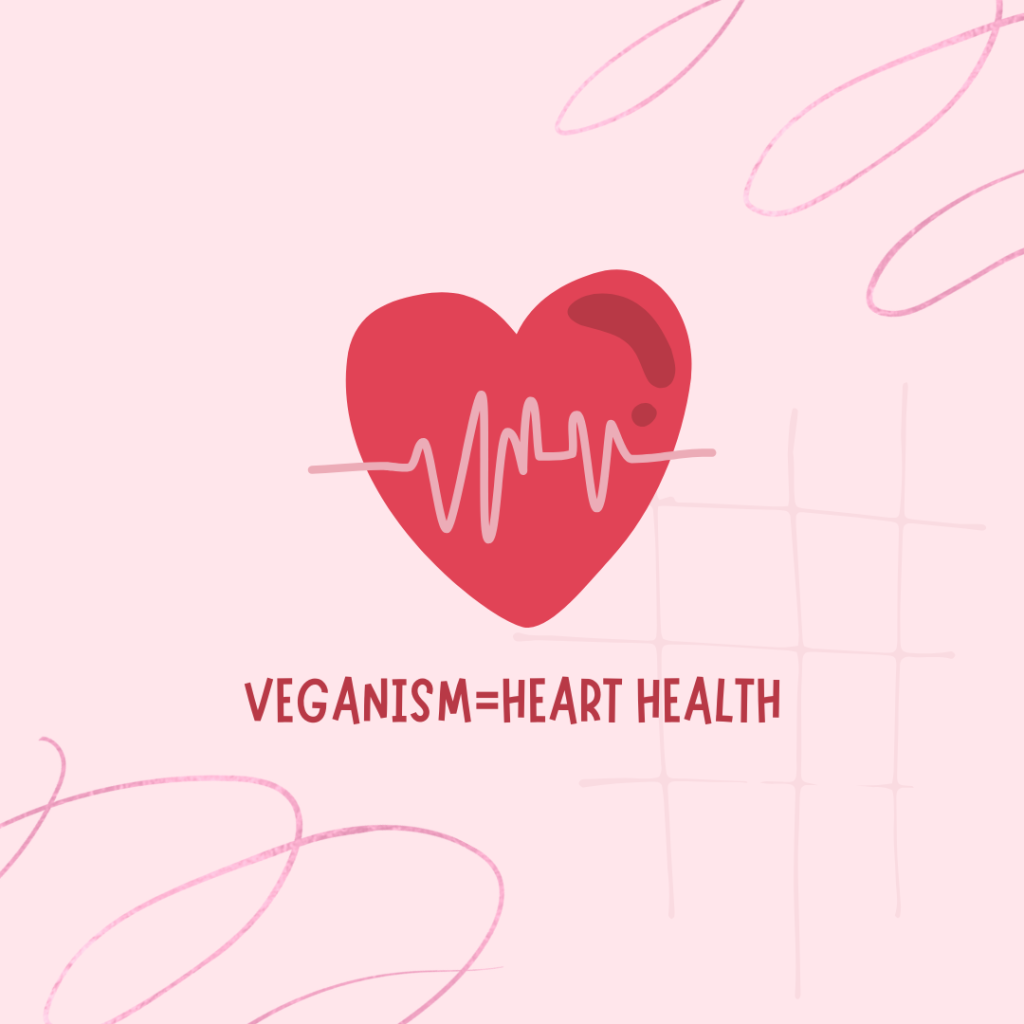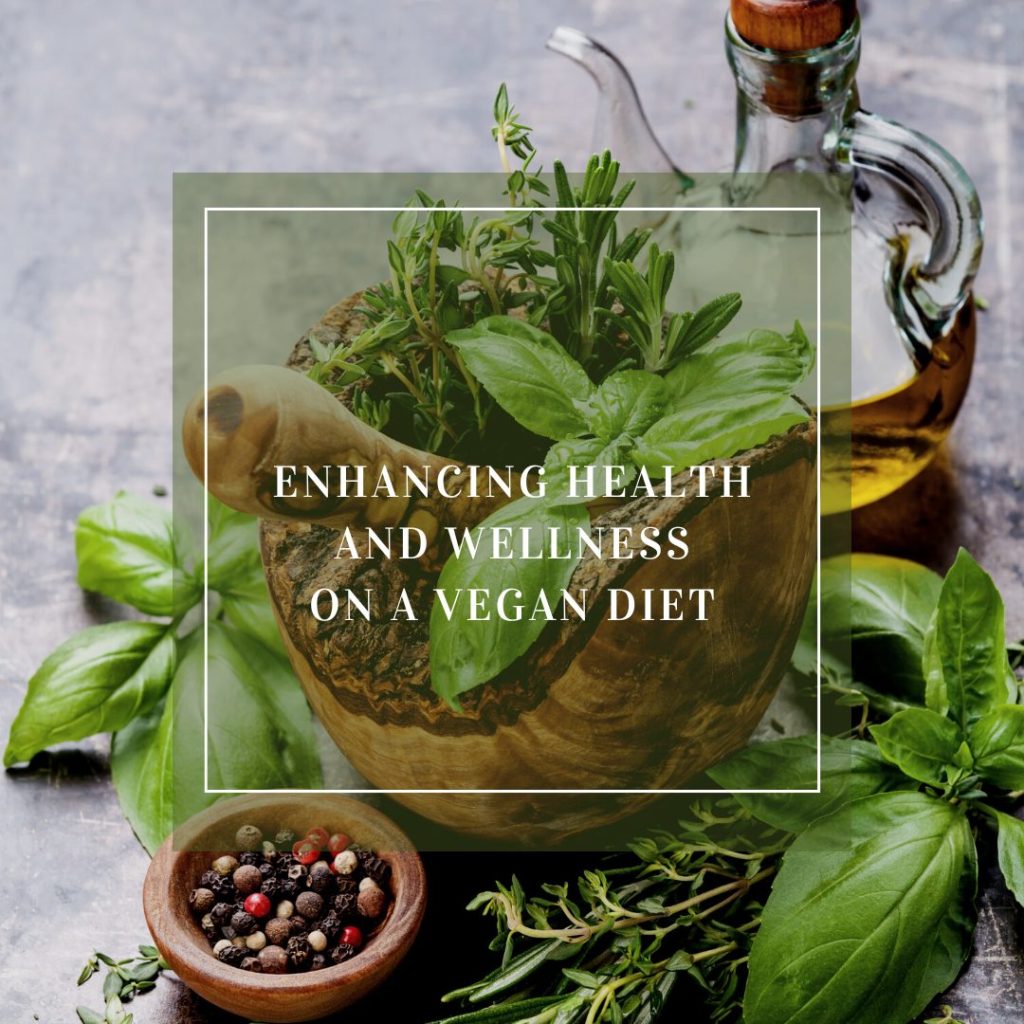Discover the comprehensive benefits of a wholefood vegan diet for health, ethical living, and environmental sustainability. Learn how plant-based nutrition, herbs, and spices support wellness while ending animal cruelty and combating climate change. An essential, evidence-based guide for a compassionate lifestyle.

Introduction
Adopting a wholefood vegan diet is increasingly recognised not only for its profound health benefits but also for its ethical and environmental significance. More than a dietary choice, veganism embodies a commitment to compassion, social justice, and sustainability. This guide explores the multifaceted advantages of a wholefood vegan lifestyle, including its impact on chronic diseases, nutrient-rich food sources, the role of herbs and spices in promoting wellness, and the pressing need to end unnecessary animal cruelty. Grounded in scientific research and social consciousness, this comprehensive overview encourages a compassionate approach to health and the planet.
1. Comprehensive Health Benefits of a Wholefood Vegan Diet
A well-planned wholefood vegan diet, rich in unprocessed fruits, vegetables, whole grains, nuts, seeds, and legumes, offers significant protection against a broad spectrum of chronic diseases. The diet’s high fibre, antioxidant, vitamin, and mineral content contributes to overall wellness and longevity.
Heart Health
The evidence is robust that plant-based diets can reduce cardiovascular risk factors. Research published in the Journal of the American Heart Association shows that individuals who follow plant-based diets experience significantly lower LDL cholesterol levels and reduced incidence of heart disease (Satija et al., 2016). Plant foods like leafy greens, nuts, and legumes contain heart-protective nutrients such as potassium, magnesium, and polyphenols which improve blood pressure, reduce inflammation, and enhance endothelial function.

Diabetes Management
Plant-based diets have been shown to improve insulin sensitivity and glycemic control. A systematic review and meta-analysis published in Diabetes Care found that people consuming plant-based diets had lower fasting blood glucose and HbA1c levels, reducing their risk for type 2 diabetes (Fritsche et al., 2018). The high fiber content slows glucose absorption and promotes a healthy gut microbiome, which is increasingly recognized as a key factor in metabolic health.
Weight Management
Weight control is a common motivation for adopting a vegan diet. According to a meta-analysis in Obesity Reviews, those who consume plant-based diets tend to have lower body mass indexes (BMI) and greater long-term weight loss compared to omnivores (Turner-McGrievy et al., 2015). Fiber-rich plant foods increase satiety, reduce calorie density, and improve metabolic markers.
Cancer Prevention
The World Cancer Research Fund’s 2018 Continuous Update Project emphasizes that diets high in fruits and vegetables reduce the risk of several cancers, including colorectal and breast cancer (WCRF, 2018). Phytochemicals in plants such as carotenoids (vitamin A precursors), flavonoids, and glucosinolates contribute to anti-carcinogenic processes by combating oxidative stress and inflammation.
Digestive Health and Gut Microbiome
A wholefood vegan diet enhances digestive function and supports a diverse, healthy gut microbiome. Dietary fibre from whole grains, legumes, fruits, and vegetables acts as a prebiotic, feeding beneficial bacteria that maintain gut barrier integrity and modulate immune responses (Slavin, 2013). Emerging research links gut microbiome diversity with improved mood, immunity, and reduced inflammation.
Nutrient Density: Vitamins, Minerals, and Beyond
Plant-based diets provide ample amounts of essential vitamins and minerals including vitamin C, E, K, folate, magnesium, potassium, and iron. Vitamin A, found as beta-carotene in carrots, sweet potatoes, and leafy greens, supports vision, immune function, and skin health. Though vitamin B12 is not naturally present in plants, fortified foods and supplements such as nutritional yeast and Marmite reliably meet requirements (Melina et al., 2016).
Iron absorption from plant foods is enhanced by consuming vitamin C-rich foods alongside iron sources like legumes and spinach. Using tools such as the iron fish cookware can further increase dietary iron intake naturally.
2. Herbs and Spices: Enhancing Health and Wellness on a Vegan Diet
Integrating herbs and spices into a wholefood vegan diet not only adds flavour but also provides potent health-promoting compounds:

- Turmeric contains curcumin, a powerful anti-inflammatory and antioxidant shown to reduce markers of chronic inflammation and improve joint health. Combine this with black pepper for ultimate effectiveness.
- Ginger supports digestion, reduces nausea, and has anti-inflammatory effects.
- Garlic is known for cardiovascular benefits, including blood pressure regulation and antimicrobial properties.
- Cinnamon helps regulate blood sugar and supports insulin sensitivity.
- Basil, oregano, and rosemary provide antioxidants and may have neuroprotective effects.
These natural compounds work synergistically to enhance the protective effects of a plant-based diet against chronic diseases, supporting overall vitality and resilience.
3. Ethical Considerations: Ending Unnecessary Cruelty to Animals

A critical motivation for many vegans is opposition to the systemic cruelty inflicted on billions of animals annually in factory farming. Intensive animal agriculture involves practices that disregard animal sentience, including confinement, mutilation without anesthesia, and premature slaughter. This exploitation is both ethically indefensible and avoidable.
Choosing a vegan lifestyle is a political and moral stance that challenges this industrialised cruelty, promotes animal rights, and supports the intrinsic value of all sentient beings. Veganism aligns with values of empathy and justice, rejecting speciesism and embracing a more equitable world.
4. Environmental Sustainability: A Vital Response to Climate Change
Animal agriculture is a leading driver of environmental degradation, responsible for approximately 14.5% of global greenhouse gas emissions, massive deforestation, and freshwater depletion (Springmann et al., 2016; Tilman et al., 2011). In contrast, wholefood vegan diets require far fewer natural resources and generate significantly lower pollution.
Transitioning to plant-based eating is recognised as one of the most effective personal actions to reduce one’s carbon footprint. Reduced demand for animal products translates into less habitat destruction, biodiversity loss, and water contamination.
5. Economic Benefits and Accessibility
Contrary to popular belief, plant-based diets focusing on whole foods can be more affordable than meat-based diets. Staples such as beans, lentils, rice, seasonal vegetables, and whole grains are budget-friendly and widely available. As consumer demand increases, supermarkets are expanding vegan product ranges, making healthy plant-based eating accessible to diverse populations.
6. Debunking Common Misconceptions About Vegans
Despite growing evidence and adoption, myths about veganism persist:
- Protein Deficiency: Well-planned vegan diets provide ample protein from legumes, nuts, tofu, tempeh, and whole grains. The Academy of Nutrition and Dietetics confirms vegan diets are appropriate at all life stages (Craig & Mangels, 2009).
- Always Hungry: High fibre content induces fullness and stabilises blood sugar, countering hunger.
- Nutrient Deficiencies: Attention to nutrients like B12, iron, omega-3s, and vitamin D is essential, but with proper planning and fortified foods, deficiencies are avoidable.
- Expensive: Wholefood vegan diets can be cost-effective by focusing on minimally processed foods.
- Unhealthy Vegan Junk Food: Veganism does not guarantee health; processed foods high in sugar and salt exist in all diets, underscoring the importance of whole foods.
7. Culinary Creativity and Lifestyle Enrichment
Adopting a wholefood vegan diet encourages exploration of diverse flavours and cultures. Using herbs and spices creatively enriches meals and enhances nutritional benefits. This culinary adventure fosters mindfulness, encourages connection with nature, and can improve mental well-being.
Conclusion
The wholefood vegan diet offers a compelling path toward optimal health, ethical living, and environmental sustainability. Its powerful role in preventing and managing chronic diseases, combined with the compassion it embodies for animals and the planet, positions it as a transformative lifestyle choice. By embracing nutrient-dense plants, herbs, and spices, individuals can nourish their bodies while advocating for justice and sustainability.
Each plant-based meal is an act of care—for your health, for animals, and for future generations. The transition to veganism is not merely dietary but a revolutionary stance aligned with progressive values of equity, compassion, and ecological responsibility.
References
- Boeing, H., et al. (2012). Critical Review: Vegetables and fruit in the prevention of chronic diseases. European Journal of Nutrition, 51(6), 637-663.
- Craig, W. J., & Mangels, A. R. (2009). Position of the American Dietetic Association: Vegetarian Diets. Journal of the American Dietetic Association, 109(7), 1266-1282.
- Fritsche, A., et al. (2018). Plant-based diets and diabetes: A systematic review and meta-analysis. Diabetes Care, 41(6), 1249-1260.
- Melina, V., Craig, W., & Levin, S. (2016). Becoming Vegan: The Complete Guide to Adopting a Healthy Plant-Based Diet. Book Publishing Company.
- Satija, A., et al. (2016). Plant-based diets and the risk of coronary heart disease: a prospective cohort study. Journal of the American Heart Association, 5(8), e003453.
- Slavin, J. L. (2013). Fiber and prebiotics: mechanisms and health benefits. Nutrients, 5(4), 1417-1435.
- Springmann, M., et al. (2016). Analysis and valuation of the health and climate change cobenefits of dietary change. Proceedings of the National Academy of Sciences, 113(15), 4146-4151.
- Tilman, D., et al. (2011). Global food demand and the sustainable intensification of agriculture. Proceedings of the National Academy of Sciences, 108(50), 20260-20264.
- World Cancer Research Fund. (2018). Continuous Update Project Report: Diet, Nutrition, Physical Activity and Cancer: A Global Perspective. WCRF International.
I


